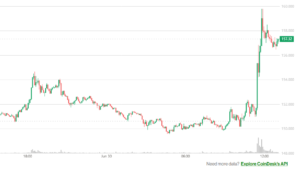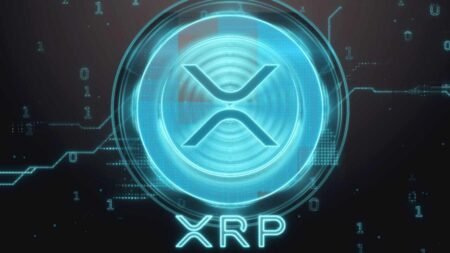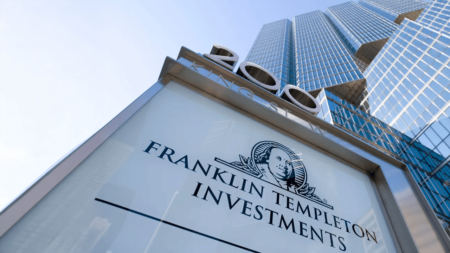the trust gap that currently exists in the Nigerian capital markets. Agama believes that blockchain technology has the potential to enhance transparency, efficiency, and security within the market, ultimately leading to increased investor confidence.
Blockchain technology, which underpins cryptocurrencies like Bitcoin, is a decentralized and secure digital ledger that records transactions across multiple computers. By utilizing this technology, the SEC hopes to create a more transparent and tamper-proof system for tracking and recording securities transactions. This could help to eliminate fraud and manipulation within the market, making it a safer and more trusted environment for investors.
Embracing blockchain technology could also lead to more efficient processes within the capital markets. By automating the recording and verification of transactions, the SEC aims to streamline operations and reduce the likelihood of errors or delays. This increased efficiency could attract more investors to the market, as they would have greater confidence in the accuracy and timeliness of transactions.
In addition to enhancing trust and efficiency, blockchain technology could also improve the security of the Nigerian capital markets. The decentralized nature of blockchain makes it difficult for hackers to compromise the system, reducing the risk of cyber attacks and theft. By implementing blockchain technology, the SEC hopes to safeguard investor assets and data, further building trust within the market.
Overall, the use of blockchain technology by the Nigerian Securities and Exchange Commission has the potential to revolutionize the capital markets in Nigeria. By promoting transparency, efficiency, and security, blockchain technology could attract more investors and stimulate growth within the market. As the SEC continues to explore the possibilities of this technology, the future looks promising for the Nigerian capital markets and the investors who participate in them.

















